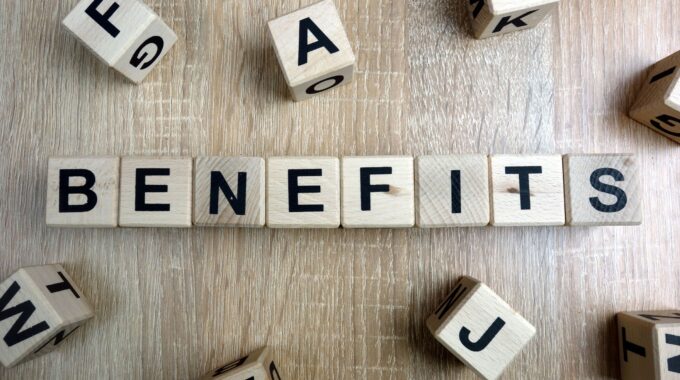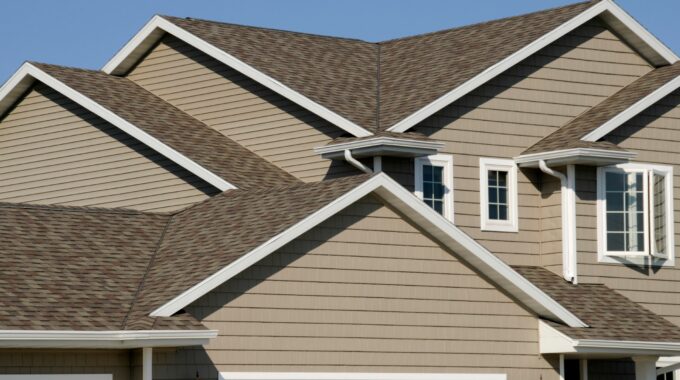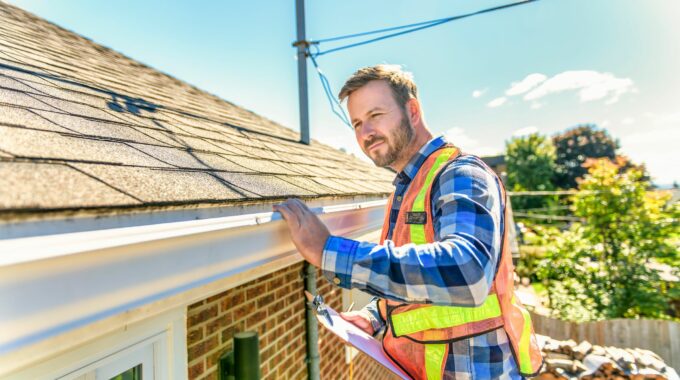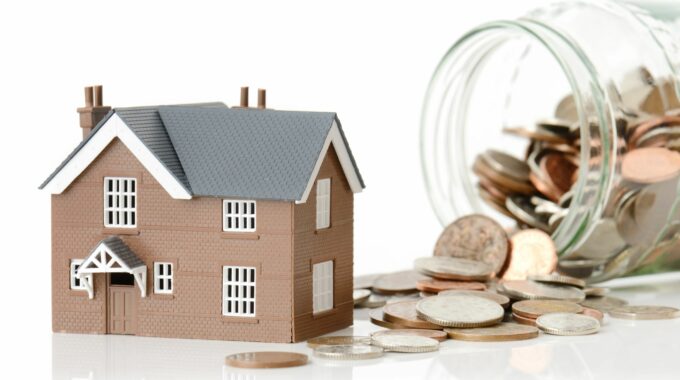
The Benefits of Energy-Efficient Siding for Your Home
Energy-efficient siding refers to exterior cladding materials that are designed to reduce heat loss, increase energy efficiency, and lower energy consumption in homes. Two popular types of energy-efficient siding are vinyl siding and board and batten.
Energy-efficient siding not only helps to decrease energy consumption and lower utility bills but also adds value to a home. Its ability to provide better insulation and reduce heat transfer contributes to a more comfortable living environment and environmentally friendly lifestyle.
Factors to Consider When Choosing a Type of Siding
When evaluating the energy efficiency of siding, several factors play a significant role. The material of the siding, such as vinyl, wood, fiber cement, or metal, can greatly impact its energy efficiency. Each material has different insulating properties and thermal conductivity, affecting the overall efficiency of the home. The R-value of siding is another crucial factor to consider. R-value measures the insulation properties of the material – the higher the R-value, the better the insulation. Proper installation and sealing are essential for preventing air leaks and thermal bridging. A well-sealed and properly installed siding can significantly reduce energy loss and improve the overall energy efficiency of the home. Additionally, the inclusion of insulation and ventilation behind the siding can further enhance its energy efficiency by providing an extra layer of thermal protection and preventing moisture buildup. When choosing a type of siding, it is important to weigh these factors to ensure the best energy efficiency for your home.
Insulated Vinyl Siding – A Popular Choice for Energy Efficiency
Insulated vinyl siding is a popular choice among homeowners looking to increase the energy efficiency of their homes. This durable and low-maintenance material not only enhances the aesthetic appeal of a house but also provides insulation to help regulate indoor temperatures and reduce energy costs. With its ability to resist heat transfer, insulated vinyl siding is a cost-effective solution for maintaining a comfortable and energy-efficient home.
Advantages of Insulated Vinyl Siding for Homeowners
Insulated vinyl siding offers several advantages for homeowners. Firstly, it is a cost-effective option compared to other siding materials, as it requires minimal maintenance and has a long lifespan. Additionally, the foam insulation in the siding provides energy efficiency by helping to keep the interior temperature stable. This reduces the need for excessive heating or cooling, resulting in decreased energy bills for homeowners. The improved thermal insulation provided by the siding also creates a comfortable living environment, as it helps regulate indoor temperatures and minimizes outside noise.
How Does Insulated Vinyl Siding Help Lower Utility Bills?
Insulated vinyl siding helps lower utility bills by incorporating energy-efficient features that contribute to thermal optimization. The layer of foam insulation integrated into the siding stabilizes interior temperatures, reducing the need for excessive heating or cooling. This not only creates a more comfortable living environment but also leads to significant energy savings.
Moreover, insulated vinyl siding meets the IECC’s energy code requirements, ensuring that it complies with the latest standards for energy efficiency. This further enhances its ability to lower utility bills by minimizing energy consumption.
In addition to its energy-saving properties, insulated vinyl siding offers a diverse selection of profiles and colors, allowing homeowners to optimize their thermal performance while enhancing the visual appeal of their property.





